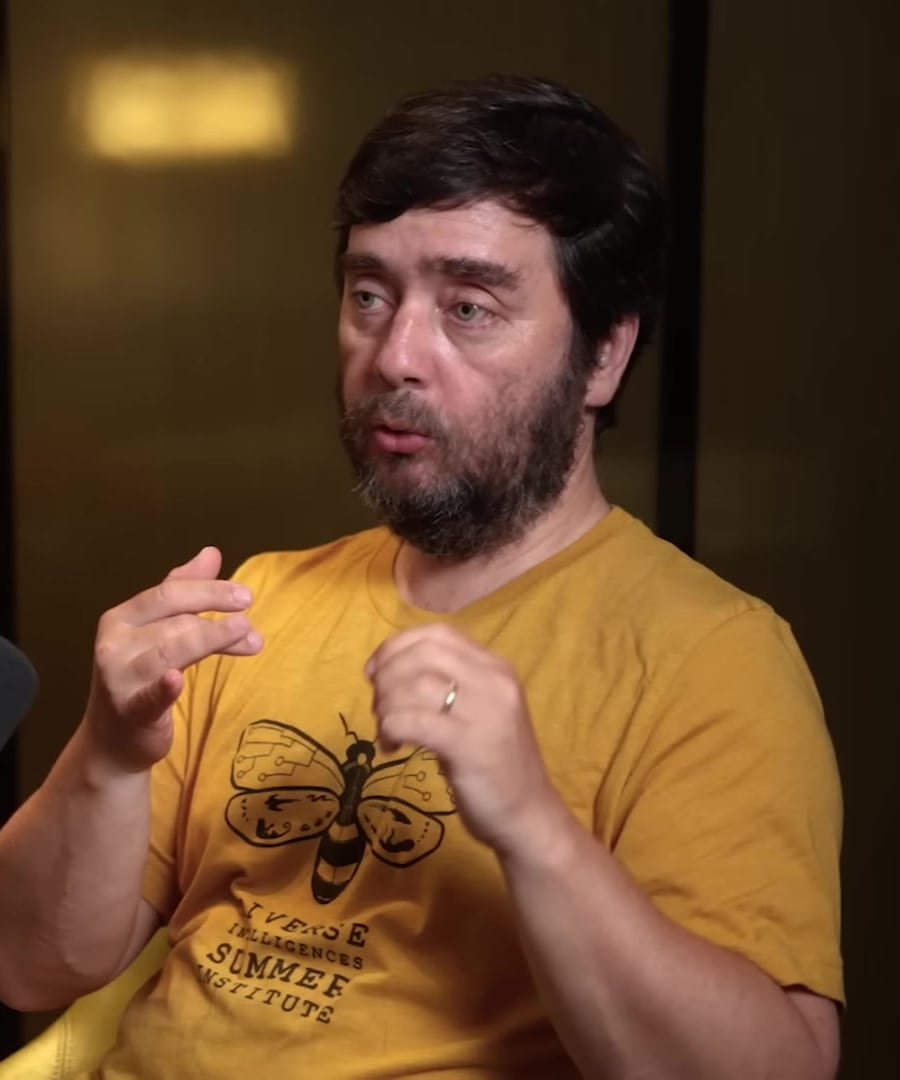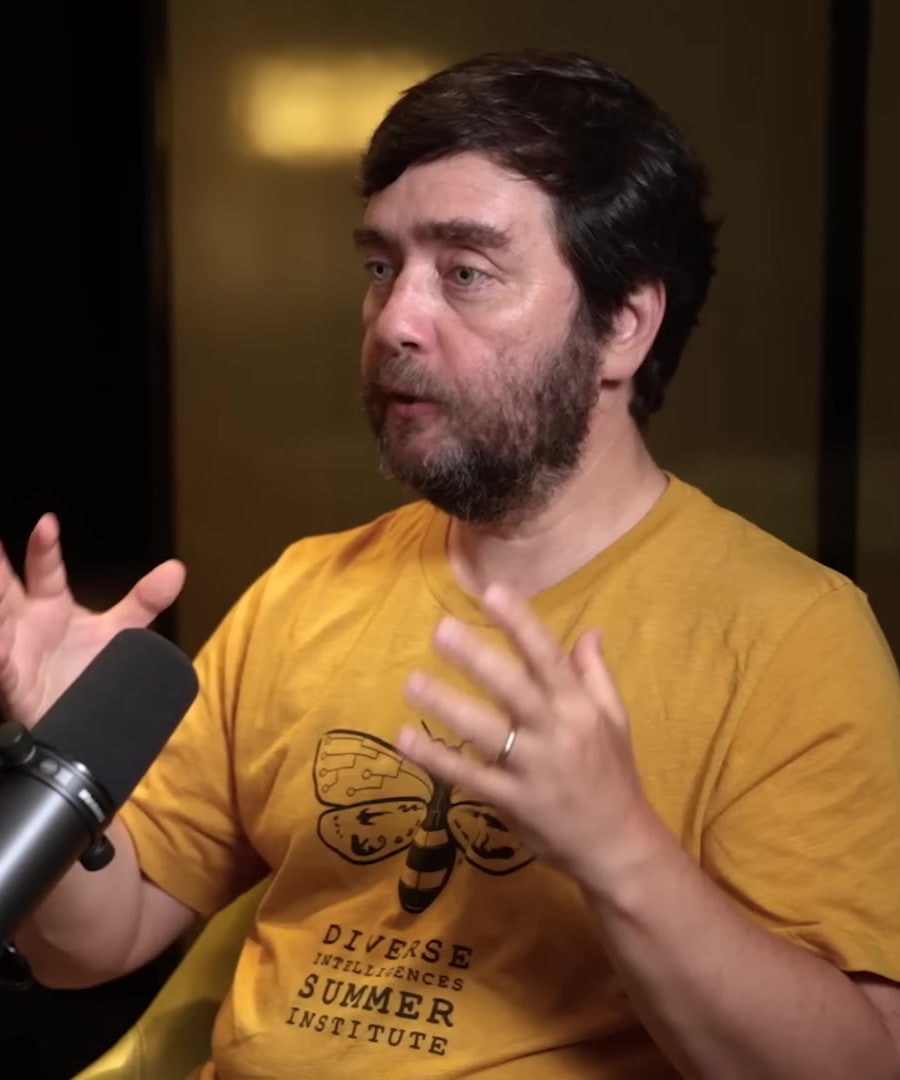Autopoesis
Sources:
Autopoiesis is a concept discussed by Lex Fridman and Michael Levin in the context of self-construction and the origins of life and robotics.
Michael Levin explains that in the process of self-construction, a system, whether biological or robotic, figures out what its sensors and effectors are, and where the boundary between itself and the outside world is. This is a key part of autopoiesis, which involves making models of the outside world and turning that inwards to create a model of oneself. This process extends to issues of agency and control, as the system has to operate efficiently within metabolic constraints and simplify incoming data to make sense of its environment and itself 1.
Furthermore, Levin elaborates on how evolution and biological systems use a multiscale competency architecture. Each level, from molecular networks to entire colonies, has its own goals, and the interplay of these enables problem-solving and adaptation. Autopoiesis plays a critical role here, as cells and organisms must determine their boundaries and define their "self" from scratch. This capability is fundamental for navigating different spaces, such as metabolic, transcriptional, and morphological spaces, and is crucial for biological development and evolutionary processes 2.
RELATED QUESTIONS

